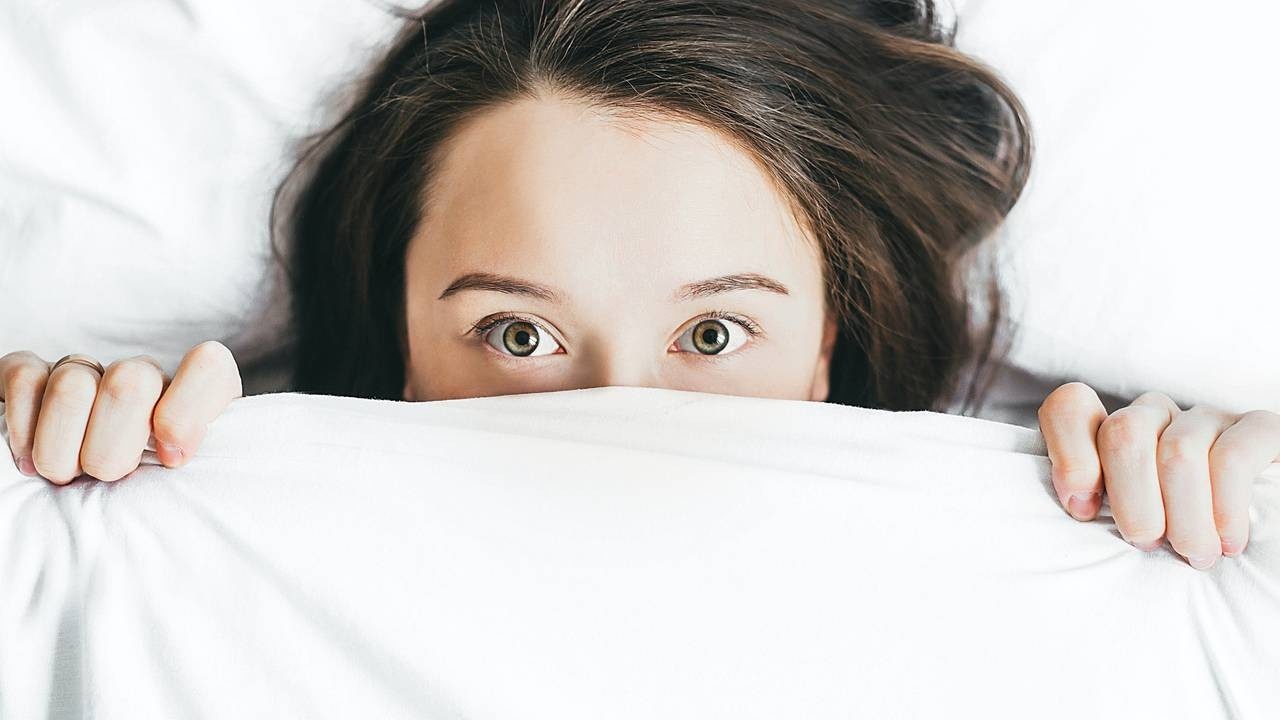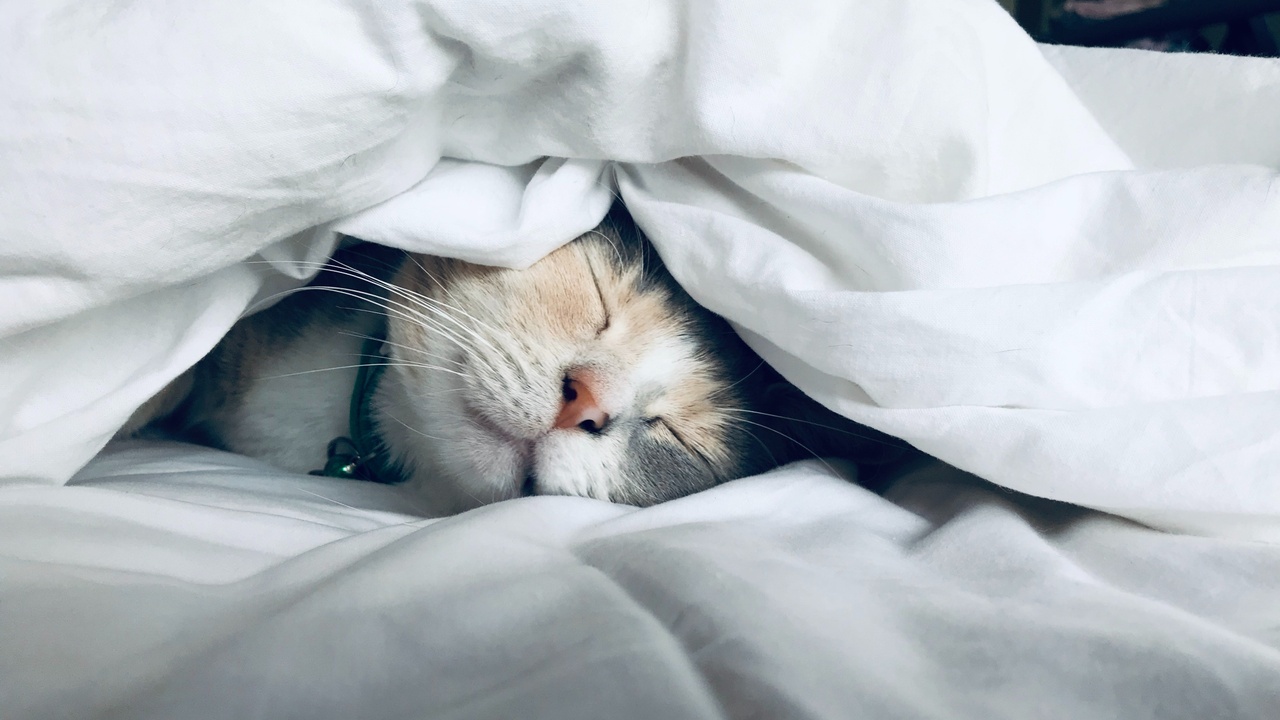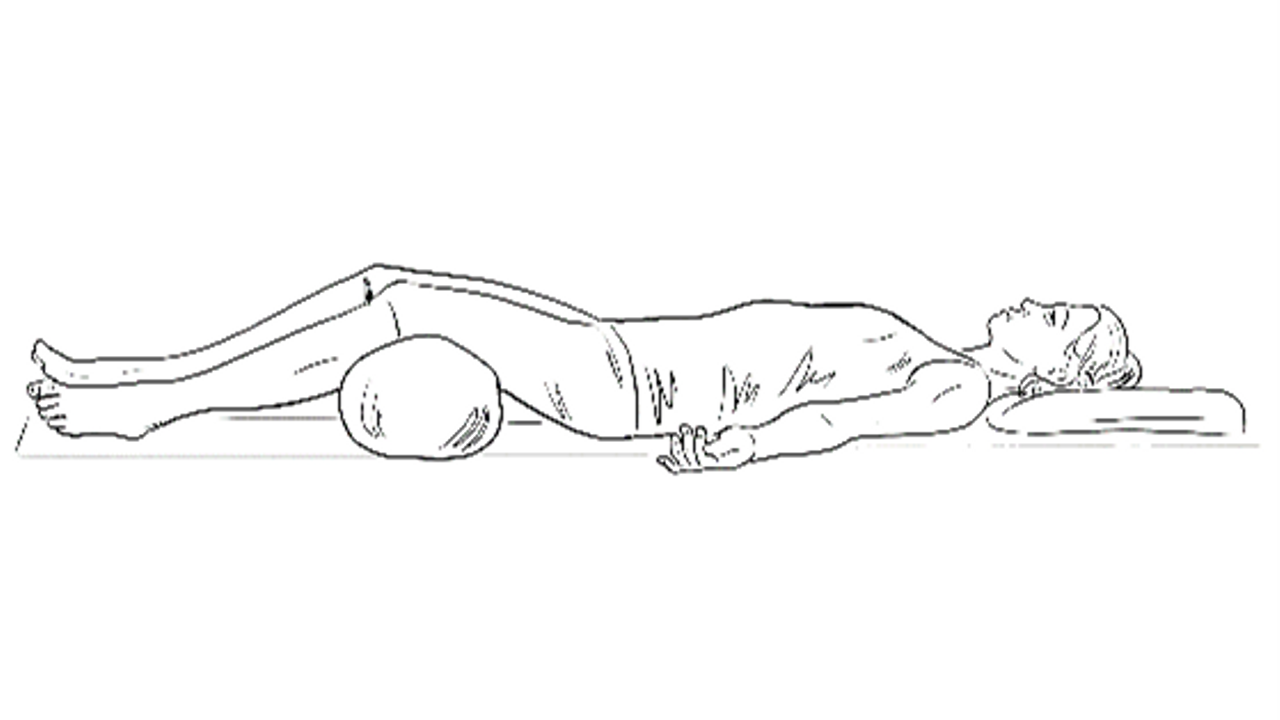Supporting our bodies through challenging times
We all have those bodily signs that seem to pop up when life’s challenges build to a crescendo. Although these can seem pretty benign, it’s good to watch the signals and be able to respond to them with dietary solutions. Periods of stress use up most nutrients more quickly as our whole systems – eg. energy, brain responses, hormones, immunity – are all working at a higher and faster rate. So some symptoms associated with different vitamin or mineral deficiencies can show up and alert us to possible deeper long-term effects of chronic stress. The food sources shown can help replace used nutrients, but also reducing sugar and stress means our diets are naturally more nutrient dense and we spare our resources.

B vitamins and Minerals
Firstly, let’s look at the B vitamins and minerals that we use up quickly in the stress response to make the energy, hormones, enzymes and neurotransmitters we need for that levels of reaction. Even if we d...
Things that go bump in the night
Rest assured (excuse the pun) if you’re one of the many who lurch awake in the wee small hours fresh from the clutches of a nightmare, you are not alone. Around 4am, many are staring into the dark in a state of panic and angst. We often assume this is a purely psychological, ‘stress-based’ reaction and to some extent it is; nightmares occur around this time in REM sleep and are believed to be reflections of stress or trauma in our waking lives. Waking in fear to sudden awareness of sounds, light and movement may evoke visions of ghosts and ghouls, but this is in large part the result of a chain of physical events.
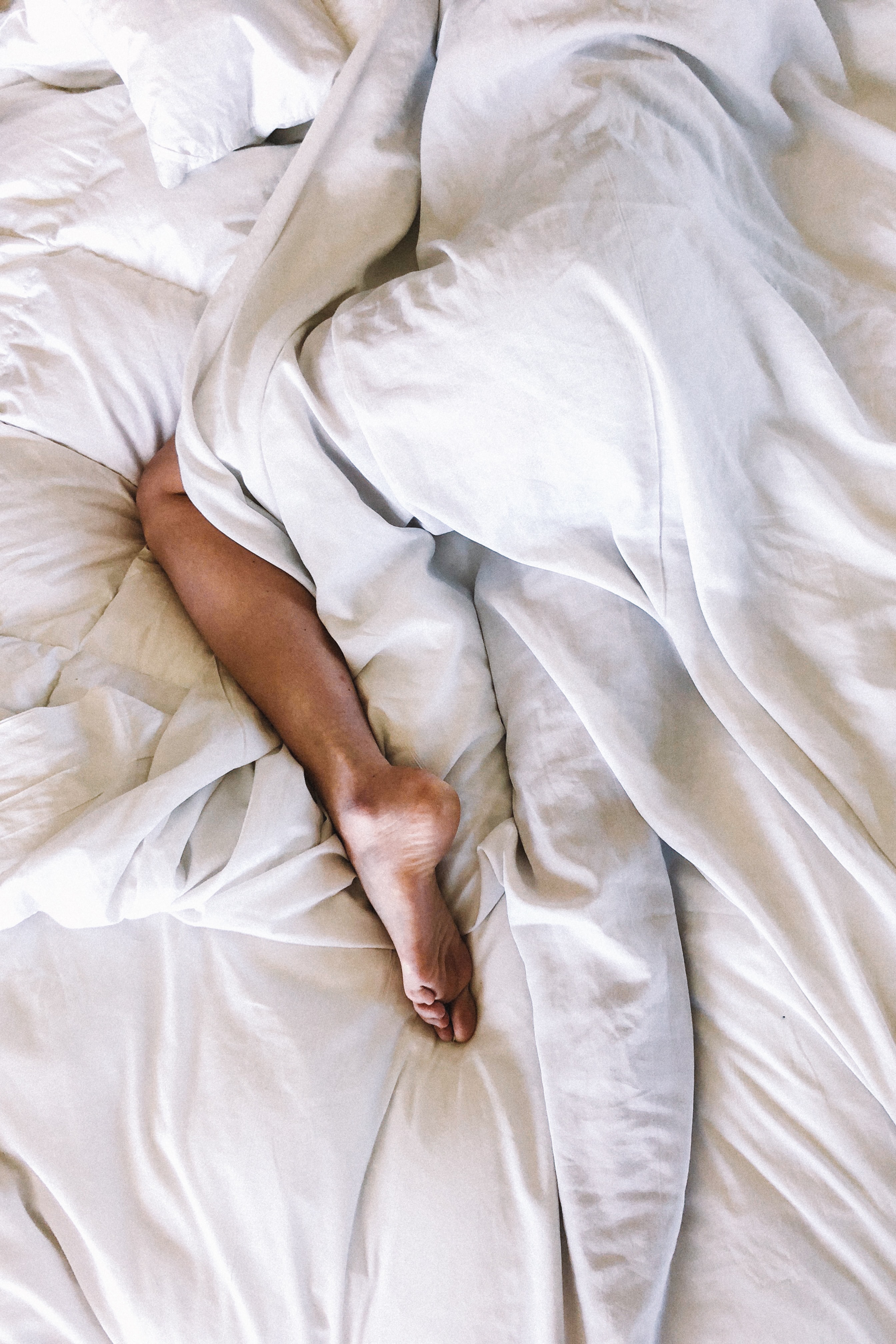
Daytime into night....
Sudden waking in the night can often be traced back to blood sugar irregularities during the day; rather than a drip-feed, sustained level of the sugar in our bloodstream that fuels all of our cells, we often lurch from ‘highs’ to ‘lows’ in reaction to sudden surges from refined sugars, processed foods, caffeine, st...
In a fast-paced world, getting enough deep sleep may seem like a luxury, but quality and quantity of sleep are equally vital – or body and mind suffer…
The sleep cycle
When we sleep, we cycle between different phases. Each is vital and a really good night’s rest includes five or six of each of these cycles. The first sleep cycle is about 1 ½ hours and each progressive cycle is slightly shorter:
- Non Rapid Eye Movement Phase (NREM) – where we first fall asleep, that floating, liminal space where we can easily reawaken.
- NREM 2 dropping a little deeper, heart rate and brain waves slow, eye movement stops and our temperature drops. About half of our time asleep is in this phase.
- NREM 3, deeper sleep, is characterised by longer, fuller breathing, Delta brain waves and an increase in Human Growth Hormone. This is where we strengthen immunity and body and brain repair. If we are woken from this stage, we feel groggy and disorientated.
- Rapid Eye Movement (REM), the stage in which we dream. A lighter ...
Recovery and restoration
We can spend nearly two-thirds of our lives asleep, yet often place less importance on this crucial de-stressing time than our waking hours. Sleep is all about recovery – physical, emotional and energetic. In order to function fully and cope with the day’s demands, we rely on the immune facilities, detoxification, tissue and muscle healing and emotional processing that occur during the wee small hours. If this downtime isn’t respected, we may quickly see stress-related symptoms like fatigue, irritability, poor concentration, skin complaints and poor recovery from illness.
Lack of sleep, even at a small accumulative level can lead to craving sugar and stimulants as our bodies try to fuel up in the face of less vitally built-up energy. Indeed too little sleep has been associated with incremental weight gain through increased appetite for this very reason.
Blood sugar balance and calm for quality sleep
Sleep quality comes from balanced blood sugar levels throu...
First published in What Doctor's Don't Tell You Magazine.
We all know the knock-on effects of a bad night’s sleep, but when insomnia becomes chronic it can affect our whole being and ability to function. The daytime fatigue it creates can send us reaching for sugar and stimulants, which in turn affect sleep.
Insomnia falls into two categories; difficulty falling asleep and waking in the night. It tends to be divided into primary insomnia, where sleeplessness is the main symptom and secondary, where sleep is affected by another condition e.g. arthritis, fibromyalgia and depression. From a holistic and psychoneuroimmunological (PNI) perspective - where our bodies work as one completely integrated system – the calming and soothing mechanisms that allow sleep have such far reaching effects on lowering inflammation, modulating immunity and regulating mood and motivation, that promoting sleep quality is a foundation of health; not just the absence of disease, but quality of life.
Even yog...
Quality over Quantity
It is possible that you can spend nearly two-thirds of your life asleep yet many people place less importance on this time than their waking hours. Easy to do, after all we are unconscious, yet the quality of this time has great influence over the quality of our waking hours.
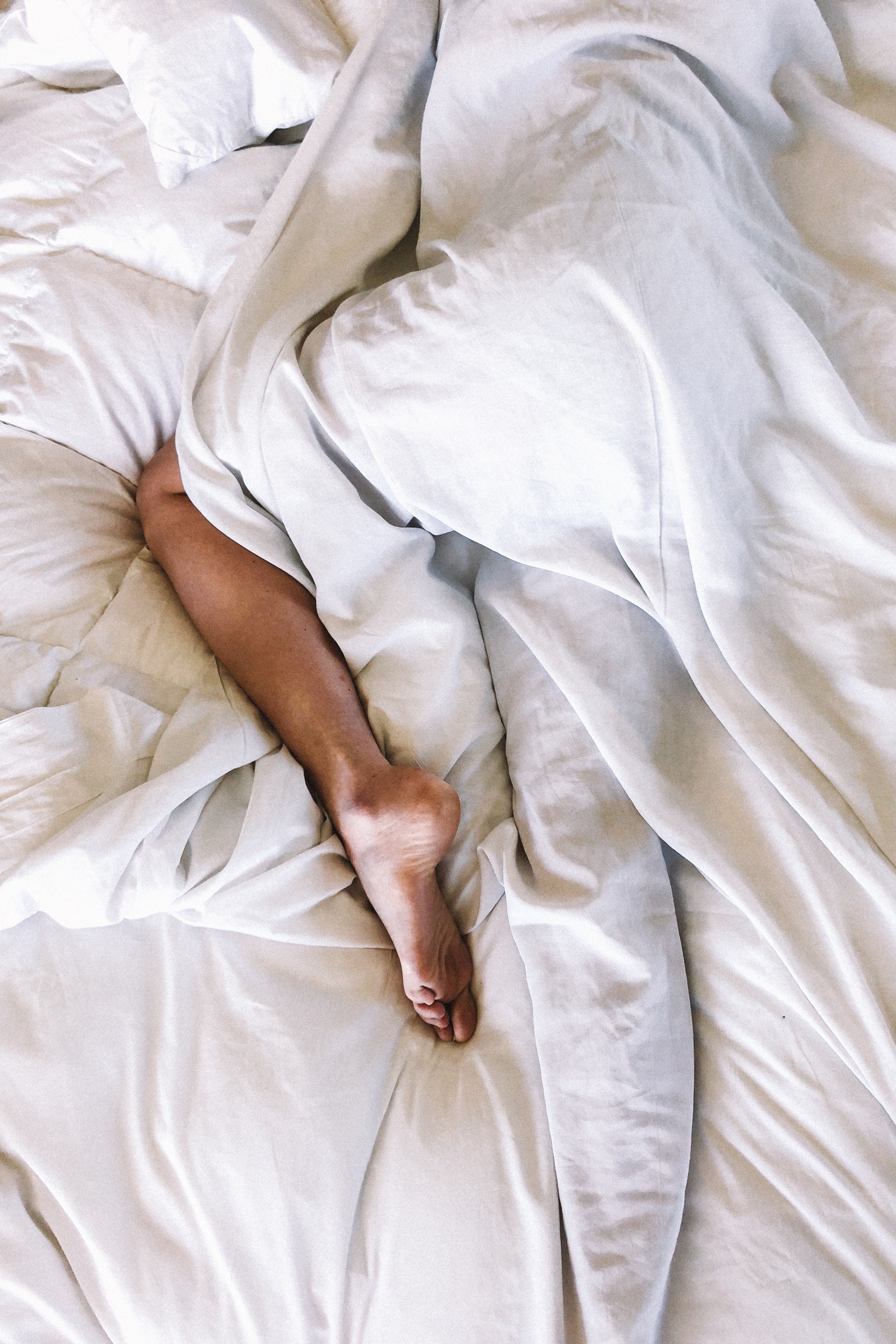 Sleep is all about recovery – physical, emotional and energetic. In order to function fully whilst waking, we rely on the immune facilities, detoxification, tissue and muscle healing and emotional processing that occur during the wee small hours. If this downtime isn’t respected, we may quickly see symptoms like fatigue, irritability, poor concentration and poor recovery from stress, injury and skin complaints.
Sleep is all about recovery – physical, emotional and energetic. In order to function fully whilst waking, we rely on the immune facilities, detoxification, tissue and muscle healing and emotional processing that occur during the wee small hours. If this downtime isn’t respected, we may quickly see symptoms like fatigue, irritability, poor concentration and poor recovery from stress, injury and skin complaints.
Lack of sleep, even at a small accumulative level can lead to craving sugar and stimulants as our bodies try to fuel up in the face of less vitally built-up energy. Indeed too little sleep has been associated with incremental weight gain through increased appetite for this very reas...
We all know the knock-on effects of a bad night’s sleep, but when insomnia becomes chronic it can affect our whole being and ability to function. The daytime fatigue it creates can send us reaching for sugar and stimulants, which in turn affect sleep.
Insomnia falls into two categories; difficulty falling asleep and waking in the night. It tends to be divided into primary insomnia, where sleeplessness is the main symptom and secondary, where sleep is affected by another condition eg arthritis, fibromyalgia and depression. From a holistic and psychoneuroimmunological (PNI) perspective - where our bodies work as one completely integrated system – the calming and soothing mechanisms that allow sleep have such far reaching effects on lowering inflammation, modulating immunity and regulating mood and motivation, that promoting sleep quality is a foundation of health; not just the absence of disease, but quality of life.
When offering evening classes to support sleep quality, simple, slow ...
We all know that quality of sleep the night before can have a huge influence of how we feel and behave the next day. On average, humans spend nearly two-thirds of their lives asleep and this is time well spent. The rejuvenating effects of sleep are not so much about time with eyes closed in bed, but the quality spent there.
Sleep is a state of altered consciousness, where we drop into brain cycles where we have a relatively low sensory relationship with the external world. Nearly all of our voluntary muscles – the ones we can control to move around – are inhibited and we move between two distinct states; REM (Rapid Eye Movement) and non-REM sleep.
During both waking and sleeping, our brains run through 90 minute cycles – these are similar, but obviously the night-time ones involve dropping down deeper into unconsciousness. In sleep, within this period, there are four stages of non-REM sleep (about 75% of the night), followed by REM, which gets longer each time throughout the night, w...


